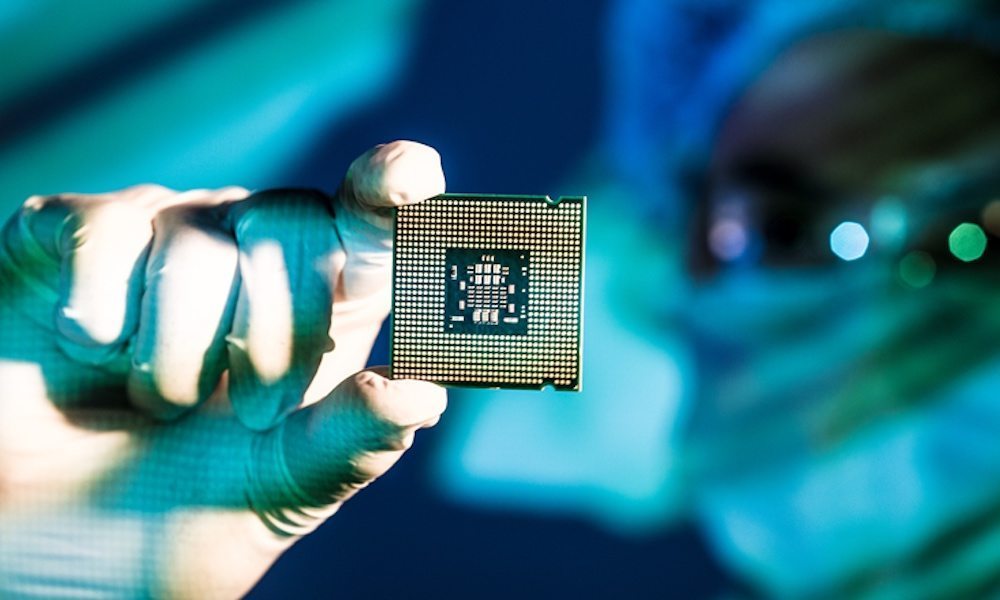Why the T2 Third-Party Repair ‘Controversy’ is Overblown
 Credit: Shutterstock
Credit: ShutterstockToggle Dark Mode
Apple’s T2 chips may limit some third-party repairs, but many people are getting worked up for the wrong reason.
Incomplete Repair
Earlier this month, Apple confirmed that the T2 chip may lead some Mac computers that have had third-party repairs or have non-authorized components installed in them to become “inoperative,” which results in an “incomplete repair.”
As you might expect, that T2 mechanism became a rallying cry for those among us who believe Apple is at war with repairability advocates and DIY enthusiasts. But if you look at the context in which the T2 chip handles third-party repairs, you start to see that it’s a pretty natural addition.
The T2 is a proprietary ARM-based co-processor installed in many newer Mac products. While it handles a wide range of functions on the Mac, it’s first and foremost a security-focused chip.
That’s why it should come at no surprise that the T2 has some baked-in limitations on the types of components that can be installed in a Mac or MacBook product. It’s just another way for Apple to make macOS extremely secure against intrusion.
It is incredibly easy to compromise the security of a computer by installing malicious hardware components in it. The T2 chip, as part of its security focus, prevents against this by scanning for a type of diagnostic tool when repairs are completed.
The T2 chip, as iFixit points out, will mitigate or completely eradicate the possibility of compromised hardware being installed on a Mac. It could also ensure that consumers are getting the proper components at the proper price.
Privacy and Security Measures
In other words, the T2’s repair lockdown is likely a result of Apple’s core values of privacy and security. It’s probably not because Apple wants to destroy the third-party repair community.
That makes more sense when you consider how small of a deal the third-party repair market is. For a company that recently passed the $1 trillion market valuation milestone, taking back market share from repair shops doesn’t seem like a very important or logical goal.
As mentioned, Apple has always valued privacy and security. Its iOS operating system is proof of that. The company routinely closes security vulnerabilities — and even went toe-to-toe with the FBI when the law enforcement agency asked for a backdoor into iOS.
Freedom and security, as they say, may be at odds with each other. Apple has seemingly erred on the side of security, but few consumers are complaining when the FBI wanted that backdoor.
iOS is already one of the most secure operating systems for the average consumer. It makes sense for macOS to catch up, at least in some aspects.
Trading the ability to perform DIY swaps and third-party repairs for a platform that’s incredibly secure seems like a decent choice. That’s particularly true since Apple products are designed to “just work” — they’re tailor-made for the average consumer who doesn’t want to get into the weeds with technology.
If you want a computer you can customize and upgrade to your heart’s content, a Mac may not be for you. But for those who want a simple product with top-notch security, among other Apple-specific features, it seems like the Mac is moving in that direction.






